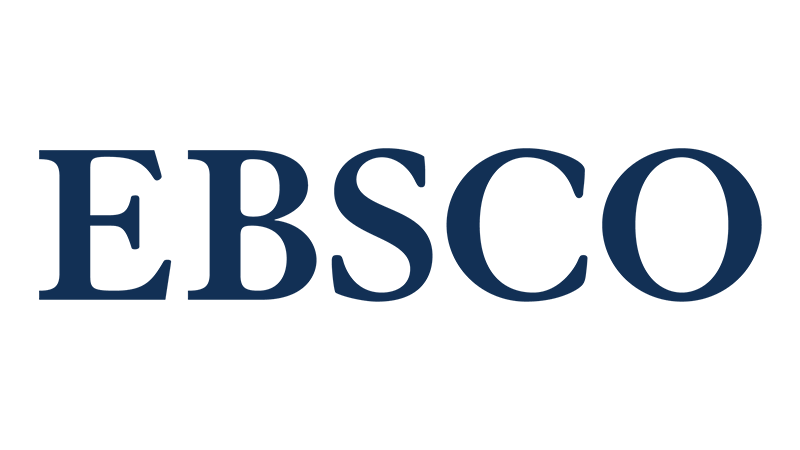
Abstract
The relations between three goal orientations and students’ motivational beliefs and self-regulated learning were examined in a study of 210 students of grade 7-9. Data collected were self-reported questionnaires from several different schools for two major academic subject areas: English, and Math. SEM analyses revealed that generally positive pattern of motivational beliefs including adaptive levels of task value, as well as cognition including higher levels of cognitive strategy use, self- regulation, and academic performance and negative patterns of test anxiety resulted in learning goal orientation. Higher levels of self-efficacy and cognitive strategy use also leads to relative ability goal orientation while higher level of test anxiety and relatively lower intrinsic value led to performance approach goal orientation. Results are discussed in terms of the implications for goal theory.
Keywords
Goal orientation, Performance, Motivation, Self-regulation
DOI
https://doi.org/10.54784/1990-6587.1318
Creative Commons License

This work is licensed under a Creative Commons Attribution 4.0 International License.
Recommended Citation
Nabi Khan, S., & Khan, M. (2015). ‘But Math is my subject’ - A study of motivational beliefs and self-regulated learning as a predictor of goal orientation in secondary school students. Business Review, 10(1), 115-130. Retrieved from https://doi.org/10.54784/1990-6587.1318
Included in
Development Studies Commons, Educational Psychology Commons, Elementary Education Commons, Science and Mathematics Education Commons
Publication Stage
Published










